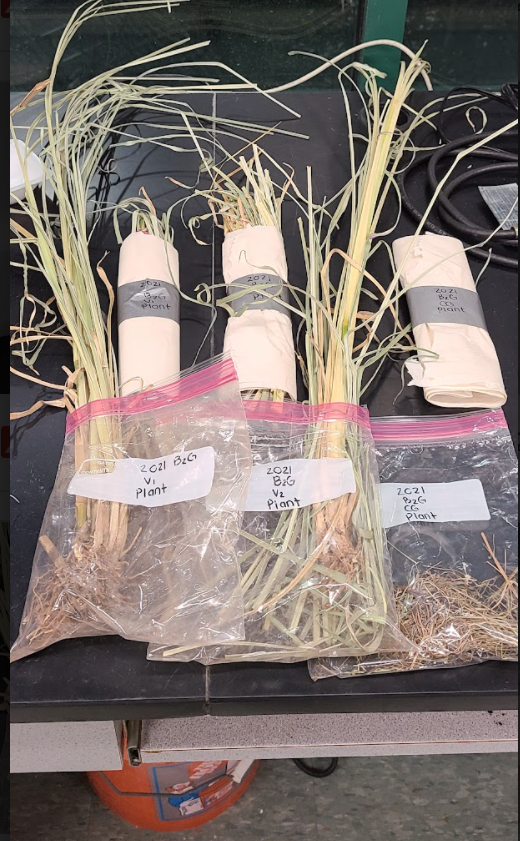Antioxidant enzymes are defense mechanisms that the plant releases during stressful conditions to prevent further oxidative stress. Superoxide dismutase, glutathione peroxidase, and catalase activity were analyzed in the plant roots and shoots when exposed to different concentrations of chelating agents. In the presence of chelating agents, lead forms complexes and increases root to shoot translocation. The newly formed complexes restrict the availability of free lead ions to bind and, as a result, reduce metal toxicity. Roots overall had a higher enzyme activity due to higher accumulation and uptake of lead. Catalase, glutathione peroxidase, and superoxide dismutase all followed similar trends that highest enzyme activity was in the soils with lead only and higher in Baltimore soils. Compared to the control group, EDTA and EDDS both caused a decrease in enzyme activity (Datta, Sarkar, and Andra. 2007).
